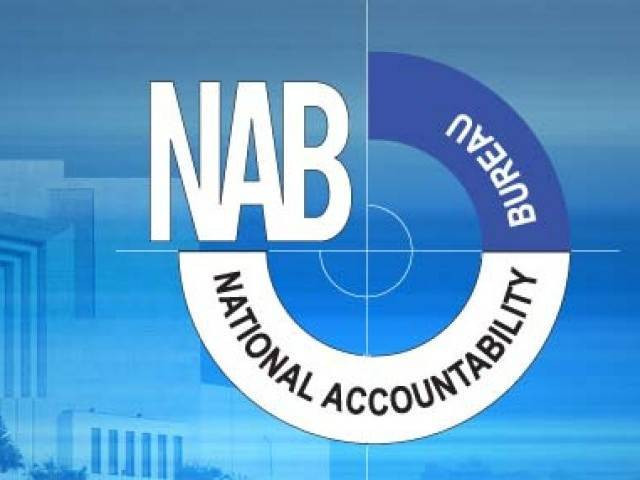Obstacles to development: Jinnah called corruption ‘one of the biggest curses’
NAB chief says bureau committed to upholding ideal of founding father

Officers had accepted embezzlement charges and returned the money to NAB. PHOTO: EXPRESS
This was stated by National Accountability Bureau (NAB) Qamar Zaman Chaudhry on Sunday in a statement.
“One of the biggest curses… is bribery and corruption. That really is a poison. We must put it down with an iron hand,” the NAB chief said while quoting the Quaid-e-Azam.
In this regard, Chaudhry said the bureau is committed to ridding the nation of corruption.
Giving details of the working of the accountability body, Chaudhry said NAB was essentially a complaints-driven organisation which was established to eradicate corruption and recover looted money.
For this purpose, he said NAB had chalked out a comprehensive operational methodology for prsecuting cases including complaint verification, inquiry and investigation.

To minimise the possibility of any NAB officer influencing investigations, they had introduced the concept of a “Combined Investigation Team” (CIT) where two investigation officers and a legal consultant would work as a team for a fair, transparent and unbiased inquiry.
He pointed out that NAB had recovered Rs280 billion since its inception, disposed of 326,694 complaints, authorised 10,992 compliant verifications, 7,303 inquiries, 3,648 investigations and filed 2,667 references in the respective accountability courts.
In this regard he pointed to 2014 as a year of re-invigoration of the accountability body. Its dividends were now being reaped as they were receiving twice as many complaints, initiating inquiries and investigations in the first six months of 2016 as compared to the same period in 2014 to 2015.
Moreover, with improved infrastructure and rationalised workload, the body had imposed a maximum time limit of 10 months to verify complaints, conduct inquiries, investigations and to file references in the courts, he added.
Noting that youth was the future, the NAB chief said that the body was trying to involve as many youngsters in their country-wide awareness programmes to sensitise them about the ill-effects of corruption. For this purpose, Chaudhry said, NAB in collaboration with the Higher Education Commission, had established 42,000 character building societies (CBS) in all the leading universities and colleges across the country.
To promote a culture of calling out people on corruption, Chaudhry said they had proposed the Whistle Blower Act which has been approved by Prime Minister Nawaz Sharif and the federal cabinet and will now be presented before the National Assembly for further deliberations.
Published in The Express Tribune, December 19th, 2016.



















COMMENTS
Comments are moderated and generally will be posted if they are on-topic and not abusive.
For more information, please see our Comments FAQ